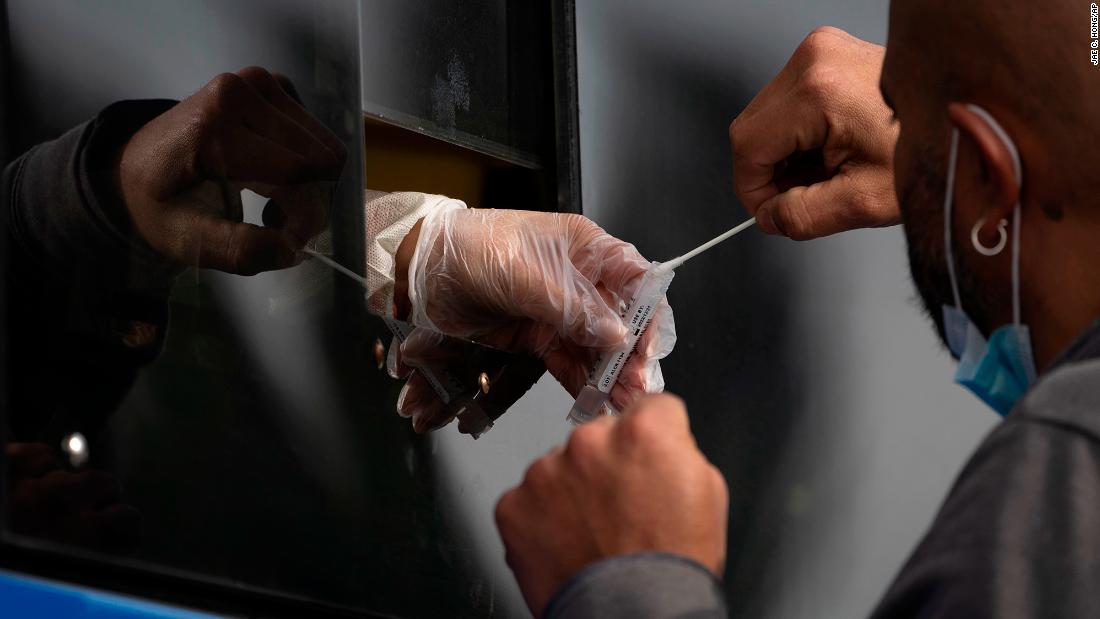A new study adds to growing evidence that immune cells in the body called T cells can still recognize coronavirus variants, including Omicron, even if the variant appears to partly evade antibodies.
The T cells induced upon getting vaccinated or having a prior coronavirus infection appear to “provide extensive immune coverage” against the Omicron variant, according to the study, which was published last week in the journal Nature Medicine.
The researchers – from the Karolinska Institutet in Sweden, La Jolla Institute for Immunology in the US and University Hospital of Wales in the UK – collected blood samples from 40 people six months after they received a second dose of the Pfizer/BioNTech Covid-19 vaccine. They also collected samples from 48 people nine months after having mild or severe Covid-19 in March through April of 2020, and another 48 people who had previously been neither vaccinated nor infected in late 2020.
The experiments showed that T cells elicited by vaccination or prior infection both “remain largely intact” against Omicron — but the overall magnitude of response among those who had a previous infection was lower than among those who had been vaccinated.
“These results suggest that booster immunization may provide benefits that extend beyond the induction of neutralizing antibodies to enhance protection against recurrent episodes of severe Covid-19,” the study’s principal investigator, Marcus Buggert of the Karolinska Institutet’s Center for Infectious Medicine in Stockholm said in a news release Wednesday.
“We now want to understand why the response differs from one individual to the next and if a third vaccine dose can augment the T cell response to Omicron even more.”
Why all this matters: Throughout the pandemic, immunity has often been measured by the presence of antibodies in the blood. Antibodies are proteins made by the immune system to help fight infections. But immune systems are much more than just antibodies. They involve many different players, including T cells, that are involved in the body’s effort to fight off coronavirus infection or any pathogen.
You can read the full study here.





More News
Comet Fragment Explodes in Dark Skies Over Spain and Portugal
Global Tensions and a Hostile Neighbor Await Taiwan’s New Leader
Biden Draws on Themes of Manhood and Faith at Morehouse Commencement